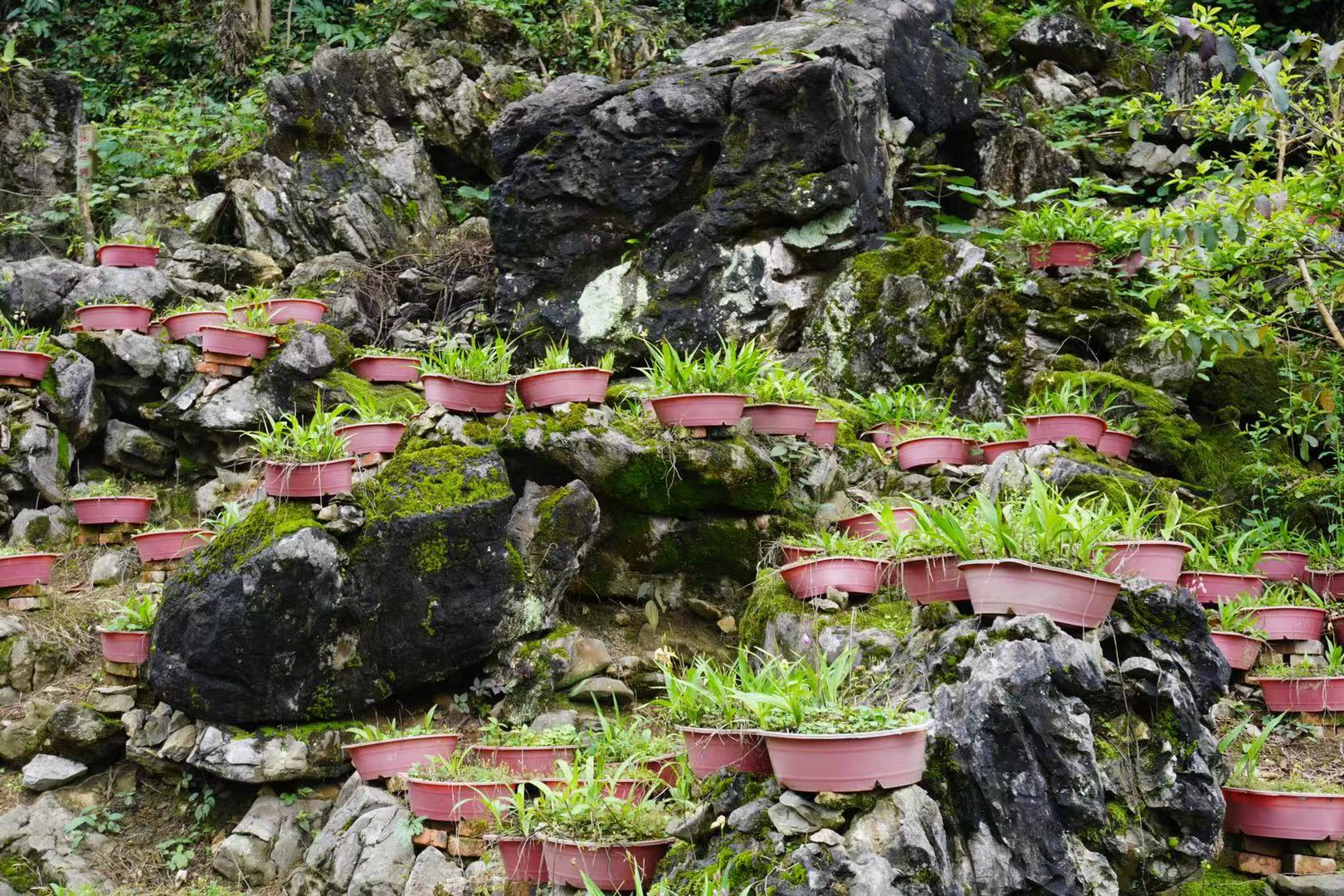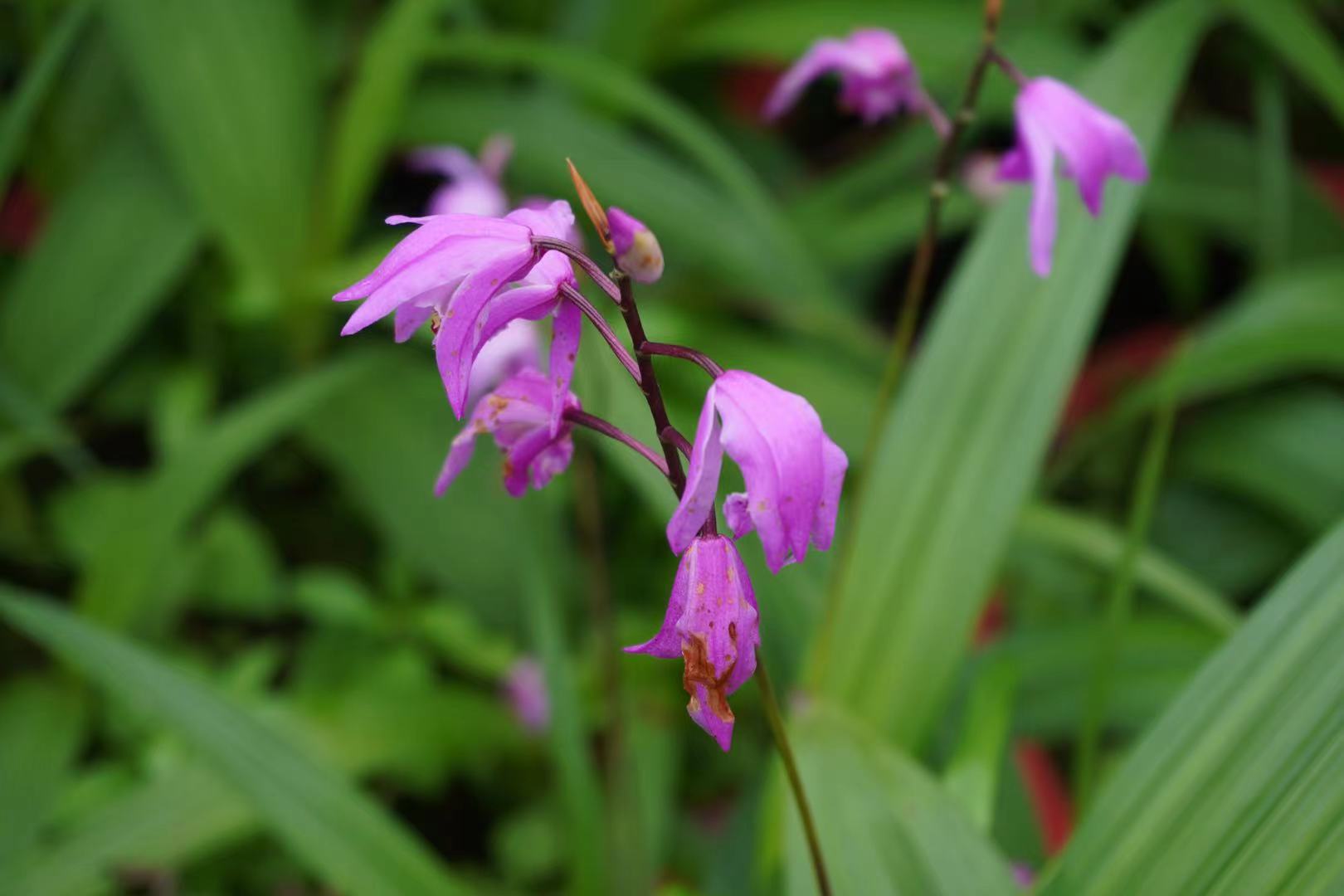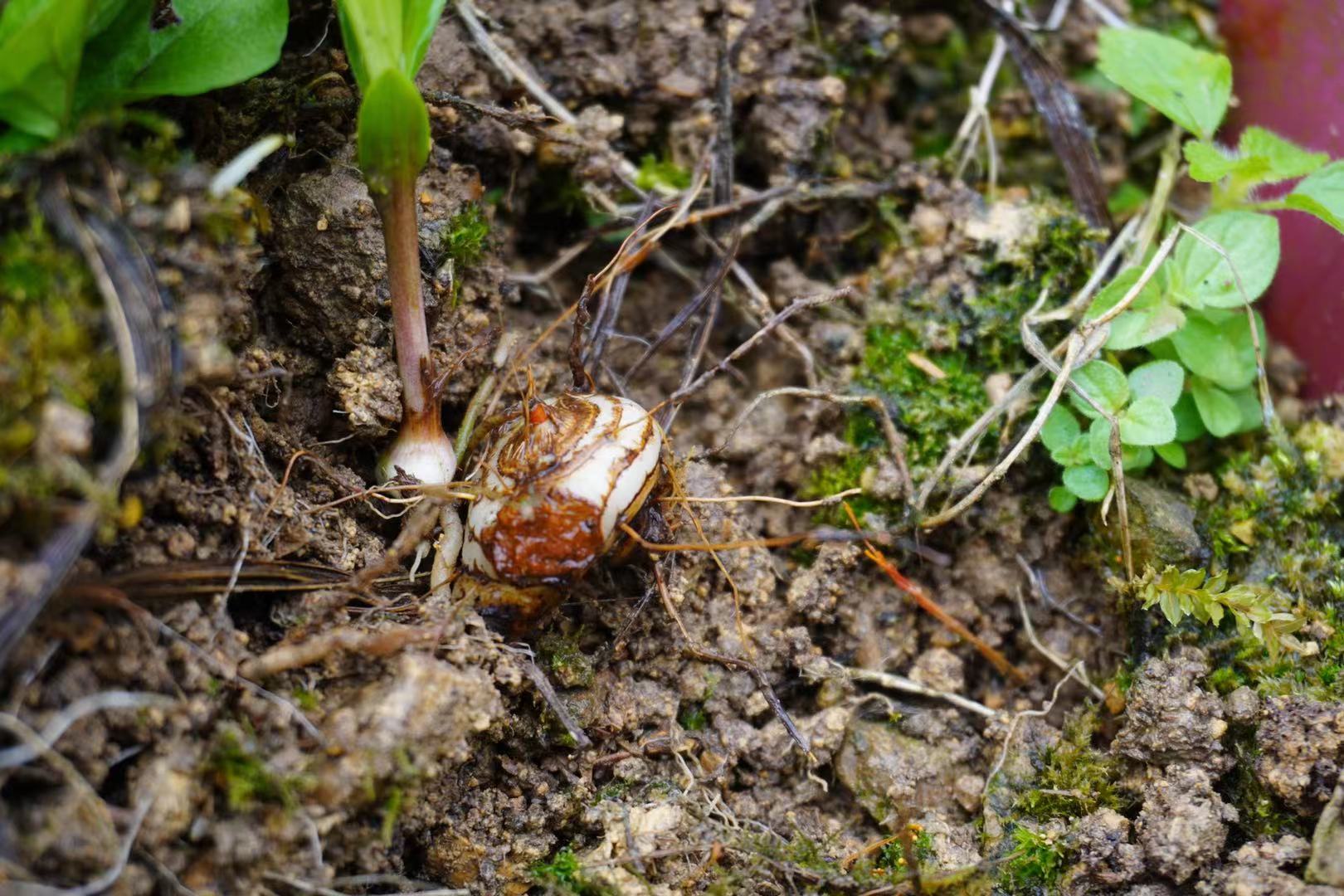While southwest China's Guizhou Province houses the largest area of karst landforms with exposed rocks in the country, accounting for 61.92 percent of the province's total area, it is also the one worst hit by rocky desertification.
By the end of 2016, the area of rocky desertification in Guizhou accounted for 24.5 percent of the total area of rocky desertification in China, according to Xinhua. Controlling rocky desertification is one of the most urgent ecological tasks in Guizhou.
There is a group of villagers dedicated to fighting against rocky desertification in the Maolan National Nature Reserve in Libo County in the province.

Rocky desertification refers to the phenomenon of surface soil loss, exposed bed rock, loss of agricultural value of land and degradation of ecological environment caused by soil and water loss.
The abundant carbonate rocks in the karst landforms of Yunnan-Guizhou Plateau are easy to leach and slow to form soil, which are the conditions for the formation of rocky desertification. The high and steep slopes, warm climate as well as abundant and concentrated rainwater provide erosion and dissolution conditions for the formation of rocky desertification.
Restoring soil and vegetation is an effective way to control rocky desertification.
The villagers cultivate potted Chinese ground orchids on rocks and roofs to increase the coverage of vegetation on the exposed rock, which in turn slows down erosion by rainwater and prevents water and soil loss.

Chinese ground orchid (Bletilla striata) is a species of flowering plant in the orchid family Orchidaceae. It likes a cool and moist climate and prefers places with an average annual temperature of 18 degrees Celsius, annual precipitation of 1,300-1,800 millimeters, and soil moisture of 30 to 35 percent. Guizhou is a good place for it to thrive.
Its tuber has disinfection, hemostasis, prevention of wound infection, sterilization, anti-cancer properties and other functions. The tuber can also be used to make paste and in wine production.

"Cultivating Chinese ground orchids can not only be effective in controlling rocky desertification, but also help increase the income of villagers since their tubers, which can be harvested in two to three years, have medicinal value like making facial masks and treating consumption," said Zhang Yanquan, a senior forestry engineer at the reserve.
According to National Forestry and Grassland Administration, by the end of 2016, the area of rocky desertification land in Guizhou was 2.47 million hectares. Compared with 3.02 million hectares at the end of 2011, the area of rocky desertification land had decreased by 553,700 hectares or 18.31 percent over the five years.
(All photos taken by CGTN's Gao Yuxin)
(If you want to contribute and have specific expertise, please contact us at nature@cgtn.com.)

